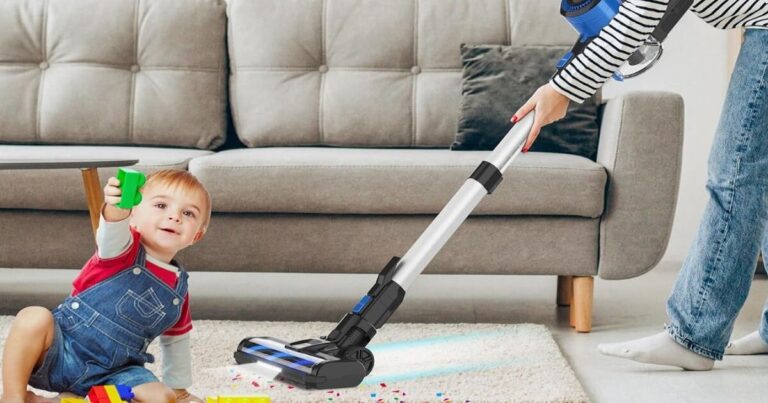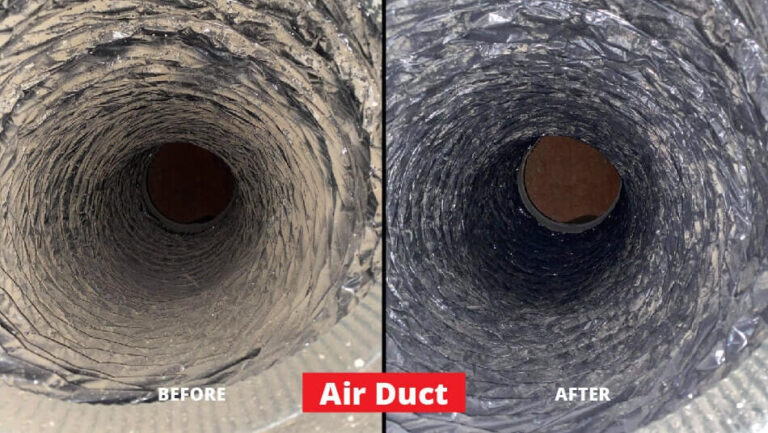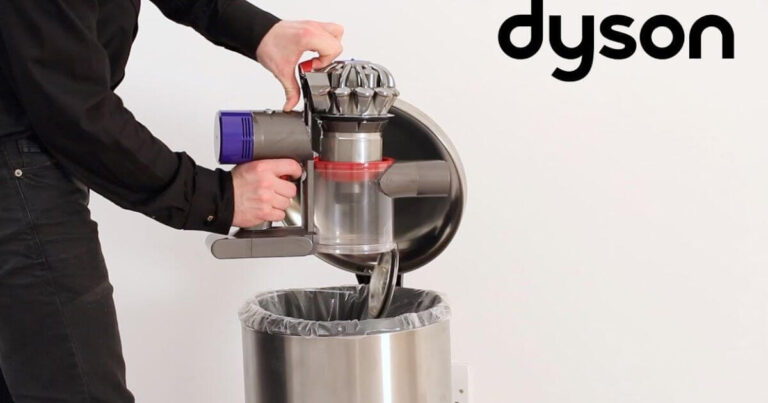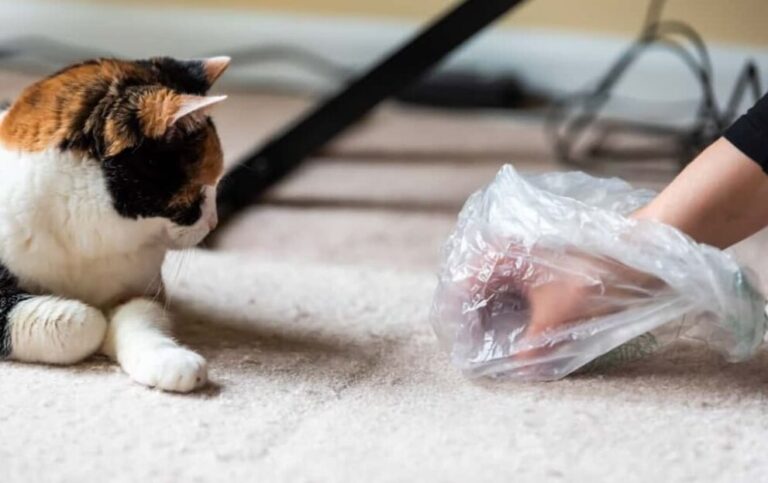If you wash your clothes without detergent, the cleaning process will likely be less effective, and your clothes may not become as clean as you’d like. Detergents are designed to remove dirt, stains, and oils from fabrics, and they contain surfactants that help lift and suspend these particles in water, allowing them to be rinsed away.
What Happens If You Wash Clothes Without Detergent? in this blog, you will see perfect content about this.
There are so many washers and dryers in the market, so why do we use detergent at all? The answer is very simple because when we use detergent, we get clean clothes. But what happens if we wash our clothes without detergent? It is not a nice thing to experience. What Happens If You Wash Clothes Without Detergent. There are certain things which will happen to your clothes.
First of all, they will stay dirty for a longer time. Secondly, the dirt will be embedded into the fabric of the clothes. So what? Why should this worry us? Because this means that the next time we wash our clothes, it will take longer to clean them, and also, the dirt will be more embedded into the clothes. So, after every 6-month or 1-year or 2-year interval, we will have to wash our clothes again and again, which is obviously very time-consuming and also very costly.
What Happens If You Wash Clothes Without Detergent?
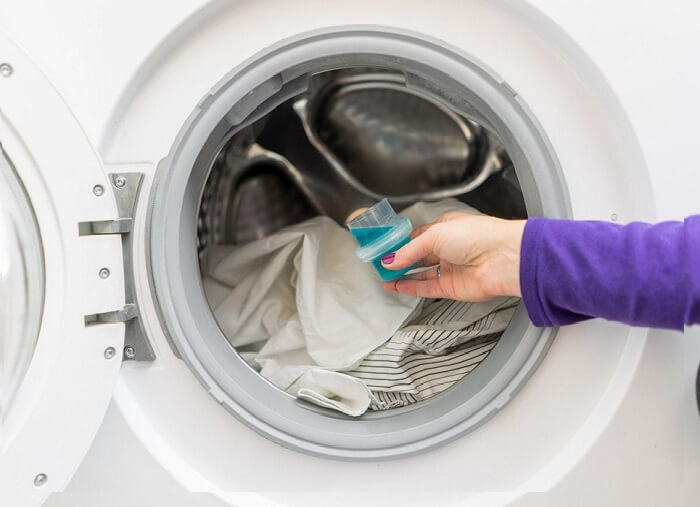
So, I am here to tell you 7 such things which are very common, but most people don’t know about it. These things will happen to your clothes if you don’t use detergent. So, let’s discuss them one by one:
1. The dirt will stay dirty for a longer time:
Soap will wash off the clothes in the first wash, so dirt will stay dirty for longer. But even though there is no soap to clean the clothes, the dirt will remain on the clothes since there is no soap to wash them with. Thus, the next time you wash your clothes, you will be washing the dirt with soapy water as well. This process will continue for the remainder of the time, so your clothes will remain dirty for a longer period.
2. Dirt gets embedded in the fabric
There is no detergent to get rid of dirt from clothes, so it gets embedded in the fabric. The next time you wash the clothes, the soapy water and dirt embedded in the fabric will be washed off. The process will continue forever, which is why your clothes will look dirty even after you’ve washed them multiple times.
3. The color of the clothes will fade away

No detergent will keep the colors of the clothes from fading. The first wash will remove the soap and dirt embedded in the fabric. The process will continue till the end of time, so your clothes will turn pale over time.
4. The wrinkles will reappear
There is no detergent to prevent the fabrics from getting wrinkled, so wrinkles will reappear. The soap will come off in the first wash, along with the dirt embedded in the fabric. The process will continue forever, so your clothes will get wrinkled even after washing them several times.
5. The shrinkage will happen
The fabrics will shrink because there’s no detergent to stop them. The first time you wash it, the soapy water will come out, along with the dirt that got into the fabric. Your clothes will shrink even after washing them many times because this process will continue until the end of time.
6. The colors of the clothes will fade away
Since there is no detergent to protect the colors of the clothes, the colors will fade. After the first wash, the soap will wash off along with the dirt in the fabric. This process will continue till the end of time, and that is why your clothes will turn pale over some time.
7. Odor will reappear
No detergent can remove the odor from clothes. Although the clothes were clean in the first wash, they do not seem clean anymore. The fabric seems to have changed. In other words, the clothing fibers have been “cooked” by the soap. In turn, this causes them to shrink. Over time, the smell comes back.
Why do we need detergents to wash our clothes?
Detergents play a crucial role in the process of washing clothes due to their unique chemical properties.
Detergents contain surfactants, which are molecules with both hydrophilic (water-attracting) and hydrophobic (water-repelling) ends. This surfactant action allows the detergent to interact with both water and oily/greasy substances present in clothes. The hydrophobic end attaches to the oil and dirt particles, while the hydrophilic end allows them to be suspended in water, making it easier to rinse them away.
Detergents can emulsify oils and fats. When you wash clothes, oils, and greasy substances from your skin, food spills, or other sources can get deposited on the fabric. Detergents break down these oils into tiny droplets, preventing them from reattaching to the fabric and allowing them to be carried away in the water during rinsing.
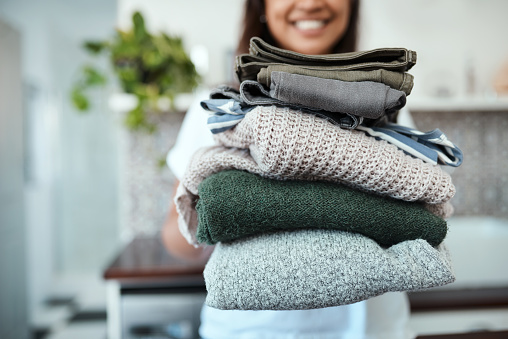
7 Simple And Effective Ways To Make Your Clothes Last Longer?
Do you know that washing your clothes without detergent can actually make them last longer? Washing your clothes without using detergent will not only save you time but will also save water. You’ll appreciate this tip if you have a limited water supply.
I don’t know how many times you’ve washed your clothes without detergent and still wear them, but I’m sure it’s a lot. So, let us try to save some water by using this trick.
- Mix equal parts of vinegar and baking soda and add a little bit of water.
- Now mix the solution with the clothes in a plastic bag.
- Make sure the plastic bag is sealed well.
- Now shake the bag vigorously and put it in the washing machine.
- It will remove dirt and other unwanted particles from the clothes.
- After that, wash the clothes as per your regular cycle.
- Once the washing is done, remove the clothes and hang them to dry.
- I hope you enjoyed this simple tip. Follow this trick, and your clothes will last longer.
FAQ ( Frequently asked question)
What can I use if I have no laundry detergent?
Baking Soda: Baking soda can help remove odors and stains from clothes. Add about 1/2 cup to 1 cup of baking soda to the washing machine along with your clothes. It can act as a mild detergent and boost the cleaning process.
Vinegar: White vinegar can be used as a fabric softener and can also help remove odors and freshen up your clothes. Add about 1/2 to 1 cup of white vinegar to the final rinse cycle of your washing machine.
Washing Soda: Also known as soda ash or sodium carbonate, washing soda can be used as a laundry detergent substitute. However, it is essential to wear gloves when handling it, as it can be harsh on the skin.
Summary
If you’re in a situation where you can’t use detergent, consider using some of the alternative options mentioned in the previous response. While they may not be as effective as commercial laundry detergents, they can help improve the cleanliness of your clothes compared to not using anything at all.
Remember, it’s essential to wash your clothes properly to maintain hygiene and prolong the life of your garments. If possible, try to obtain laundry detergent as soon as you can to ensure you’re getting the best results from your laundry routine.


